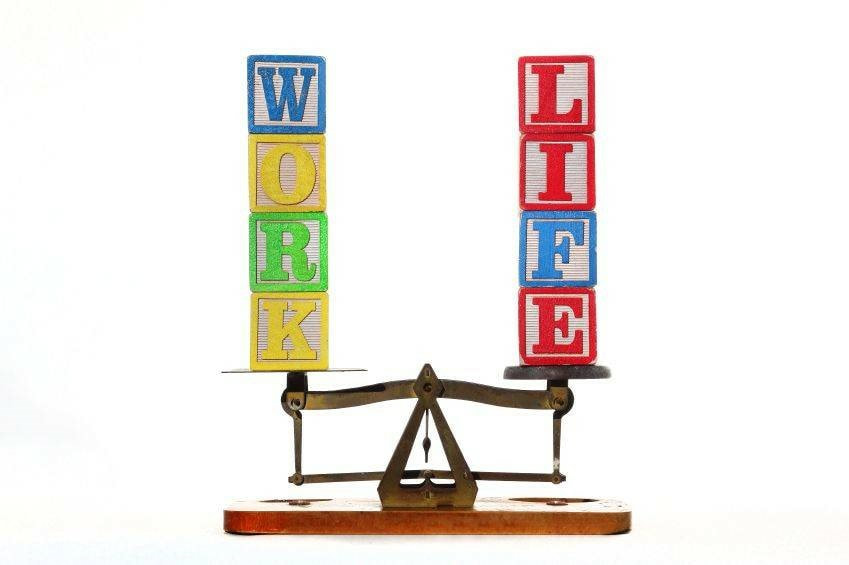Sickness absences from SMEs costs Ireland an estimated €1.1 billion each year!
Organisations that ignore the opportunity to curate a wellbeing programme risk high levels of absenteeism, lower staff retention, and reduced performance by employees.
Wellbeing, however, is not just about streamlining the business process, it’s about adding value to your employee experience and company culture.
So how can you help?
How to Create Your Very Own Wellbeing Programme
With such a tricky subject, the strongest HR campaigns will incorporate both hands-on and hands-off approaches such as:
- Therapy Subsidisation & Confidential Screenings
While you can plan many aspects of your business, what will happen in the lives of your employees is certainly not one of them.
From bereavement to personal crisis, a whole host of issues can arise for your employees and when they do, it’s best not to cross the line between the professional world and the personal unless your employee approaches you.
That said, this doesn’t mean you can’t safeguard your employees from afar.
Some organisations subsidise a specific number of therapy sessions per employee which can be extended depending on the verdict of the individual’s psychologist.
With mental health resources being so difficult to access especially in Ireland and long waiting-lists, providing this safety net for your employees could do as much as save a life.
Instituting confidential screenings every so often, perhaps on a quarterly basis, will allow your organisation to boost the wellbeing of your employees without compromising their privacy.
Going to the effort of providing these essential resources will also speak volumes about the priorities of your company culture.
- Workload Regulation
The ‘work, work, work’ mentality has become something of an epidemic in Ireland, aptly dubbed as ‘collective insanity’ by journalist Katie Byrne.
While Ireland’s employees recently polled the top employees in Europe in terms of productivity, the Irish population also holds the title for the most chronically depressed (12%) in Europe.
It cannot be denied that the pursuit of success and the mass culture of presenteeism in the workplace has contributed to this staggering figure.
Both concepts have contributed to the belief that stress and productivity are synonymous.
Last month, Japan instituted a new law limiting working hours following the suicide of Matsuri Takahashi who worked an extra 100 hours in just one month.
While Ireland and Japan cannot be compared like for like, the negative effects of stress are clear. It is up to your HR Dept to limit overtime and encourage employees to take the rest they need.
Wellness Initiatives
The pace of change around us is intense especially in terms of the digital transformation presently afoot.
It often takes conscious effort to disconnect from the virtual, online world.
While flexi-working is a great way to give your staff increased ability to juggle their own lives with their professional life, you should make it clear that you don’t expect your employees to work out of hours for longer than necessary.
Creating wellness initiatives outside of hours can be a great way for employees to bond and will put your wellness programme into practice!
Yoga classes, workshops about the importance of dietetics and meditation classes are only some of the activities that can nourish your company culture and make it something which improves the quality of your employees’ lives every day.
You can make your wellbeing agenda even more unique by finding a way to incorporate restful moments into your employees’ workdays.
What creative ways could you employ to bring wellness to your business through the day?
To Wrap Up
The world of work is in flux.
With the growth of tech in our everyday lives, the digital world is keeping us switched on, connected and drained.
While disruptive technology enables remote working, a gift to employees tied to other commitments, it also means there is more temptation to never truly ‘clock out’.
Investing in a wellbeing programme will give your staff see that rest is just as important to their performance at work as meeting deadlines is.
The HR profession can play a key role in integrating wellbeing initiatives throughout your company culture to ensure real benefit for your employees at all levels.
Through a mixture of hands-on and hand-off wellbeing provisions like therapy subsidisation, workload regulation and wellness initiatives in and out of office, you can make wellbeing the heart of your organisation for a healthier and more world-ready business!






 RSS Feed
RSS Feed